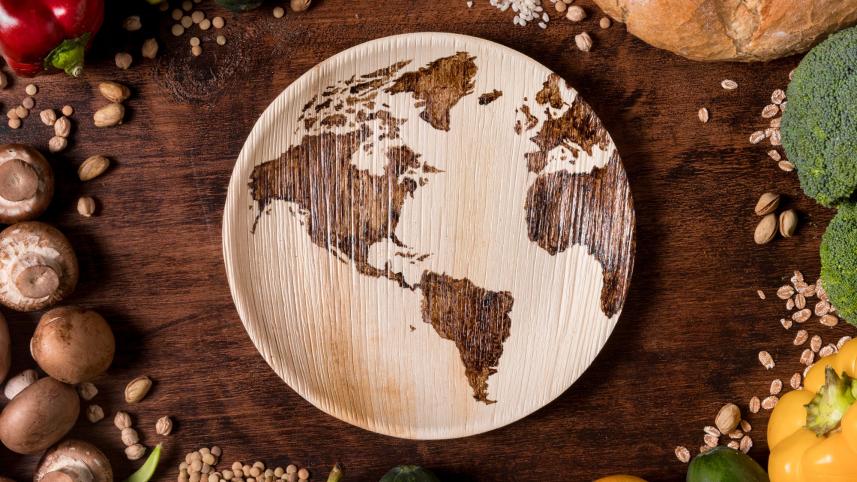7 ways Bangladesh can tap the global halal market

Bangladesh has huge potential in the global halal market, valued at $3 trillion and projected to reach $9.45 trillion by 2034.The South Asian nation currently exports nearly $1 billion worth of halal goods to international markets, and new markets are emerging every day, creating further opportunities for Bangladesh.
However, experts say the absence of a proper ecosystem and an accredited certification authority is holding the country back from achieving its full growth potential.
Here are seven ways, according to the industry insiders, that Bangladesh can adopt to capture a greater share of the global halal market:
Create a unified certification board
A halal certification board combining the Bangladesh Standards and Testing Institution (BSTI) and the Bangladesh Islamic Foundation (BIF) should be formed, said Razeev H Chowdhury, senior vice-president of the DCCI.
A single, internationally recognised authority would eliminate confusion, streamline approvals, and give Bangladeshi products greater credibility in global markets.
Introduce automated, digital certification systems
Manual processes slow down exporters and create room for inconsistencies, said Md Abul Kalam Azad of Paragon Group.
A digital, technology-driven certification and audit system would ensure transparency, reduce delays, and allow buyers to verify compliance instantly.
Invest in modern laboratories and technology
Bangladesh lacks accredited labs to test food, cosmetics, and pharmaceuticals against halal standards.Establishing advanced facilities would enable exporters to meet strict requirements in markets such as the Middle East and Europe.
Strengthen traceability with blockchain
Blockchain could be used to track animal life-cycle data from farm to shelf, said Sayadul Haq Bhuiyan, head of supply chain and export at Bengal Meat.
This would reassure consumers about authenticity and hygiene while aligning with global trends toward traceable, ethical supply chains.
Develop skilled manpower and SME participation
Experts said training butchers, processors, and auditors in halal standards is essential.
At the same time, small and medium enterprises should be integrated into the ecosystem to expand production capacity and diversify export offerings.
Enhance government monitoring and international accreditation
Abu Saleh Patwary, deputy director of the BIF, and Aminul Islam, director general of the Bangladesh Accreditation Board, urged stronger oversight and alignment with global benchmarks.
Without international accreditation, Bangladeshi certificates risk being rejected abroad.
Promote halal branding and dedicated zones
Officials from the Export Promotion Bureau and the Bangladesh Investment Development Authority said branding campaigns, diplomatic initiatives, and the creation of a halal economic zone could help attract investment, raise visibility, and position Bangladesh as a serious player in the sector.



 For all latest news, follow The Daily Star's Google News channel.
For all latest news, follow The Daily Star's Google News channel.